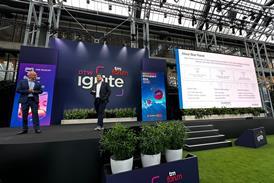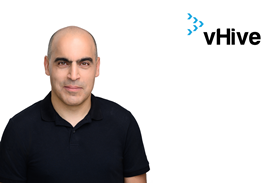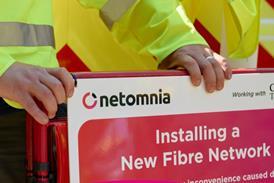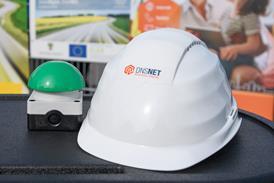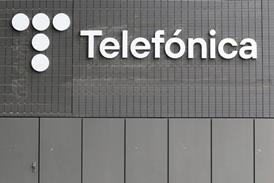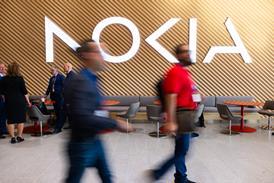Close menu
- Home
- Telcos
- Network & IT
- Infra
- People
- Finance & Strategy
- Events
- Regions
- Thought Leadership
- Premium
- TelcoX EMEA Leadership & Performance Study
DT backs wireless asset tracking startup MonoLets
Richard Agnew2022-01-10T10:16:00

Source: Unsplash / Claudio Schwarz
Group continues to build out IoT ecosystem with cash injection into US connected-label startup. hubraum flags system as potentially “really useful” add to DT’s IoT armoury.
Register for free to continue reading this article
Already registered? Sign in here.
Join the TelcoTitans community and continue reading this article
By registering for a free account, you will get immediate access to the rest of this article, plus:
- Enhanced access to TelcoTitans with three free article views per month
- TelcoTitans Daily and Weekly newsletter briefings
“The detail is very good. Better than we get internally.” – GM, Vodafone OpCo
Want full access to TelcoTitans content? Check out our subscription options.






